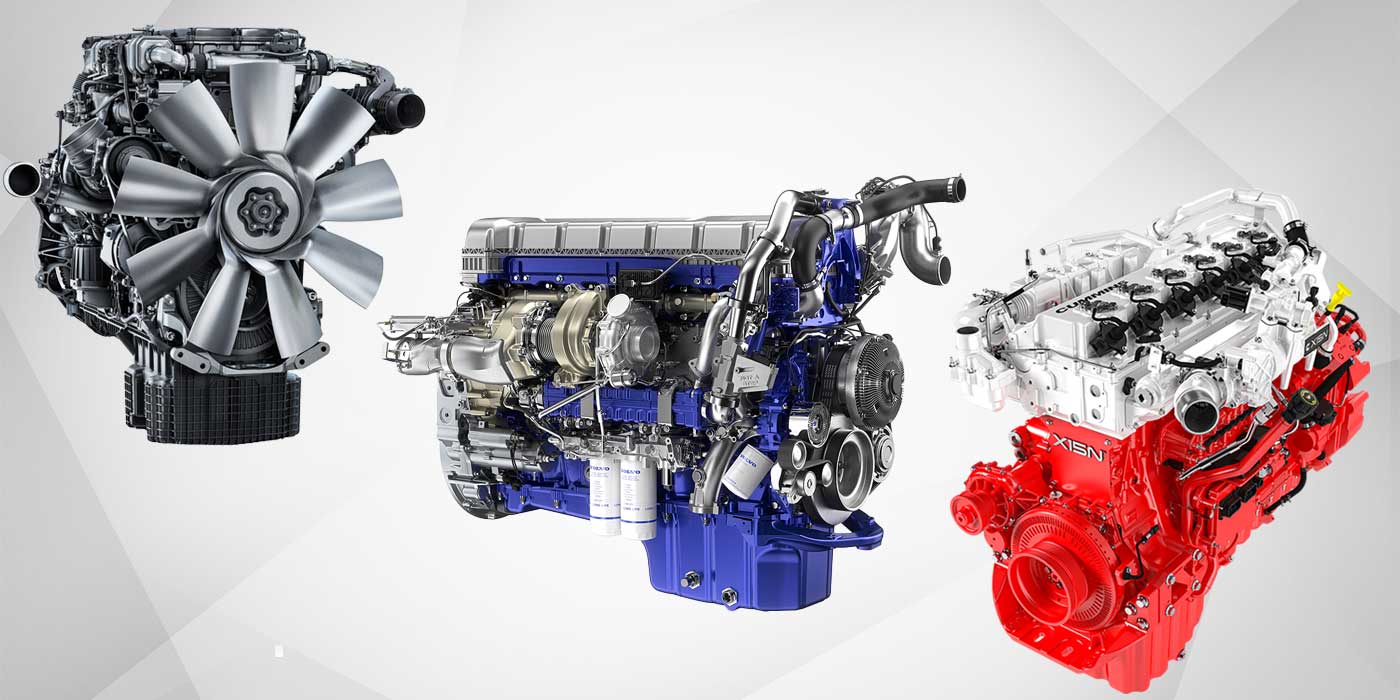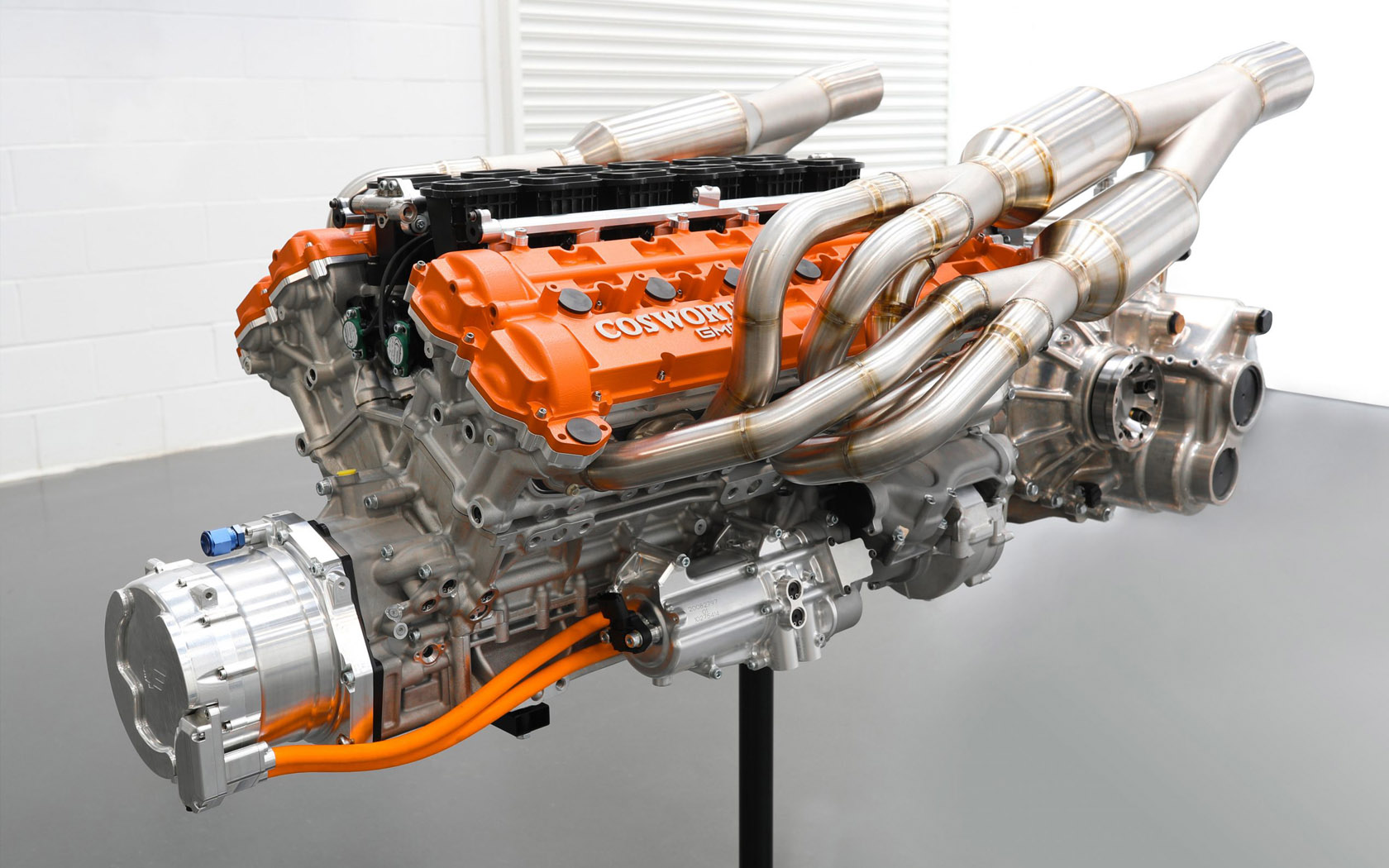Engines For Africa: Leading Supplier of Costs Engines
Discover a Large Range of Engines for every single Vehicle and Objective
The auto landscape is increasingly complex, with a varied range of engine types made to satisfy particular efficiency and effectiveness needs across various car groups. Furthermore, heavy-duty engines offer the demands of job lorries, while environment-friendly options are getting traction in the pursuit of sustainable transport.
Kinds Of Automotive Engines
Automotive engines can be categorized into numerous distinct types, each created to fulfill certain efficiency and performance demands. The most usual categories include internal combustion engines, electrical engines, and crossbreed systems.

Electric engines, on the other hand, run on electrical power kept in batteries, providing immediate torque and absolutely no discharges. These engines are ending up being increasingly prominent as a result of advancements in battery modern technology and the expanding emphasis on sustainability.
Hybrid systems incorporate both inner combustion and electric engines, allowing cars to enhance fuel effectiveness and reduce discharges by seamlessly switching between power resources. Each engine kind provides its drawbacks and advantages, influencing aspects such as car layout, meant use, and market demand. Understanding these differences is critical for makers and consumers alike when picking the appropriate engine for their particular demands.
Efficiency Engines for Sports Cars
Performance engines for cars are particularly engineered to supply boosted power, dexterity, and speed, establishing them aside from common auto engines. These engines usually use advanced innovations such as turbocharging, turbo charging, and variable shutoff timing to make the most of efficiency and responsiveness.
Normally, performance engines are created with higher compression proportions, which enable better energy extraction from gas. This leads to outstanding horsepower and torque numbers, enabling fast acceleration and higher full throttle. In addition, the lightweight products used in these engines, such as aluminum and carbon fiber, contribute to decreased general automobile weight, boosting handling and maneuverability.
Engine configurations like V6, V8, and even hybrid systems prevail in efficiency cars, each offering one-of-a-kind benefits in terms of power distribution and driving dynamics. The adjusting of these engines is also important; lots of makers maximize the engine administration systems to provide an exhilarating driving experience, commonly including sporting activity modes that change throttle feedback and gear changes.
Efficient Engines for Daily Commuters
In the realm of day-to-day commuting, effective engines play a crucial function in maximizing fuel economic situation and minimizing discharges while providing dependable performance. As city populations grow and ecological worries heighten, the demand for vehicles furnished with reliable powertrains has surged.
Modern engines created for day-to-day commuters typically integrate modern technologies such as turbocharging, direct fuel injection, and crossbreed systems. Turbocharging improves engine effectiveness forcibly even more air right into the combustion chamber, permitting smaller, lighter engines that do not jeopardize power outcome. Straight gas shot boosts gas atomization, bring about better combustion and increased efficiency.
Hybrid engines, combining internal combustion with electric power, further enhance fuel economy, especially in stop-and-go web traffic, where standard engines can endure from inadequacies. Electric electric motors aid throughout velocity and can run separately at reduced rates, minimizing general fuel consumption.
Furthermore, improvements in engine administration systems and light-weight materials contribute significantly to effective engine layout. By concentrating on efficiency, longevity, and ecological sustainability, makers continue to deliver engines that not just satisfy the demands of day-to-day commuting however also align with international initiatives to minimize carbon impacts.
Heavy-Duty Engines for Work Cars
Durable engines for job cars are regularly crafted to supply outstanding torque and integrity under demanding problems. These engines are created to execute in atmospheres where standard engines might falter, such as building sites, logging operations, and farming settings. The main focus of durable engines is their capacity to generate high levels of power while keeping resilience over prolonged durations of operation.
Commonly, heavy-duty engines utilize advanced products and durable building and construction methods to hold up against the rigors of hefty work. Functions such as strengthened cyndrical tube blocks, boosted cooling systems, and advanced gas shot technologies add to their effectiveness. These engines commonly operate at lower RPMs, which aids to maximize fuel effectiveness while providing the needed power for towing and hauling.
In enhancement to mechanical robustness, durable engines are typically furnished with sophisticated digital control systems (ECUs) that manage performance, discharges, and diagnostics. This assimilation allows for much better tracking and upkeep, ensuring that job automobiles remain effective and functional.
Eventually, sturdy engines are a crucial element in the performance of numerous sectors, supplying the needed power and reliability to tackle the toughest of tasks.
Eco-Friendly Engine Options
The expanding emphasis on sustainability has actually caused the advancement of environmentally friendly engine choices that prioritize lowered exhausts and improved gas effectiveness. These engines are designed to minimize the environmental impact of lorries while still delivering the performance and reliability expected by consumers.
Among the most notable environmentally friendly options are electrical and hybrid engines. Crossbreed engines integrate conventional inner burning engines with electric propulsion, permitting minimized gas intake and lower greenhouse gas exhausts. Electric engines, on the other hand, run completely on battery power, creating absolutely no tailpipe emissions and adding to cleaner next page air top quality.
Another encouraging growth is the advancement of biofuel engines, which make use of eco-friendly sources, such as plant products, to power automobiles (Engines For Africa). By utilizing biofuels, these engines can lower dependence on nonrenewable fuel sources and reduced overall carbon footprints

As the automotive industry i loved this advances, green engine alternatives will play a critical role in driving the transition towards more lasting transport solutions.
Verdict
The automotive sector provides a varied variety of engines made to satisfy numerous car requirements and objectives. From high-performance engines that improve sporting activities vehicle capacities to reliable versions focusing on gas economy for everyday commuters, each type serves a certain feature. Heavy-duty engines satisfy durable job vehicles, while environmentally friendly options, such as electric and biofuel engines, promote sustainable transportation. This detailed array makes sure that all driving needs are dealt with, adding to improvements in automobile technology and ecological stewardship.
